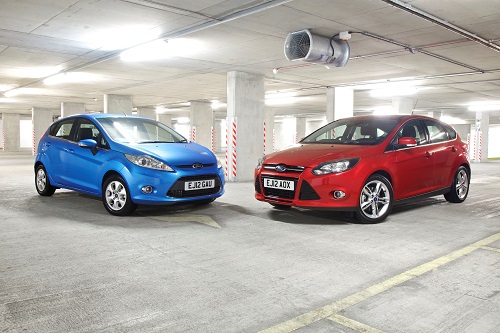Car buying scams are on the rise, driven by criminals hoping to take advantage of drivers searching online for their next set of wheels.
The second-hand market is becoming a hot bed for shady and illegal practices and last week six people were arrested after a major virtual vehicle scam was uncovered by police. It is thought hundreds of victims across the UK had been targeted, parting with cash for a vehicle that never existed.
When it comes to online car scams, young drivers are among those most at risk of being taken for ride. That’s because as digital natives, they’re used to ordering anything they want online and expect fast delivery. Young drivers also make-up a large percentage of second-hand car buyers.
So how can drivers avoid falling victim to a virtual vehicle scam when searching online for a used car? James Armstrong, CEO at temporary car insurance company Veygo offered some tips.
Get information about the car upfront
Beyond the listing, ask the dealer as much information about the car as you can. Make sure you know its make, model and year of manufacture, and the registration number so you can do your own checks on its history before taking anything further. The mileage recorded may be another weakness of the thief if they haven’t done their homework and it may also deter you, so beware of suspiciously low figures related to first year of registration.
In police investigations, they often find real listings are copied by fraudsters, so when you have all the information about a used car, search online to rule out that a listing has been cloned from a genuine dealership’s stock.
If the price is too good to be true, then it probably is
Before engaging with the seller, check the market value of similar vehicles. If the price listed doesn’t feel right, then something probably isn’t. By offering a bargain, fraudsters can reel you in and make a purchase hard to resist.
See it to believe it
If you think you’ve found a great deal on a used car online, always arrange to view it in person whether you’re purchasing from a private seller or a dealership.
You can often select the radius for your search, so make sure it’s within a realistic travel distance that you can drive to or get public transport.
This will help you check its condition and that everything else is up to scratch. You could take it for a test drive, too. Always bring a friend or family member with you for a second opinion.
Check the dealership is approved
The AA has a useful directory of approved car dealerships who have signed a dealer promise to offer top-quality customer service, giving you peace of mind. They’ll also help you sort out any issues between you and a dealership that’s registered under the scheme.
It’s good practice to search the dealership’s name online and on social media before you pay them a visit. This will uncover any discrepancies in the information you have been given and any reports of suspicious behaviour from other car buyers.
If you are purchasing a used car it’s important to carry out reg check to reveal the full history of the vehicle. This check will reveal details such as written off, keeper and outstanding finance details.
Never send money via bank transfer
Even if you have seen the car in the flesh, never pay for it online using a direct bank transfer. This offers you no protection if you have been scammed. More banks now ask you to tick that you understand you could be being scammed when transferring money online, which waivers your rights if the worst does happen.
Instead, as with any other large online purchases, use money-protected services like credit card or PayPal. If the dealer demands a bank transfer, it’s time to walk away. Never pay in cash and an old fashioned cheque is still traceable.
Report any suspicions pronto
If you have any suspicion that an online car dealership or seller isn’t legitimate, or if you fall victim to a scam, report it to Action Fraud immediately. By Robin Roberts Miles Better News Agency
